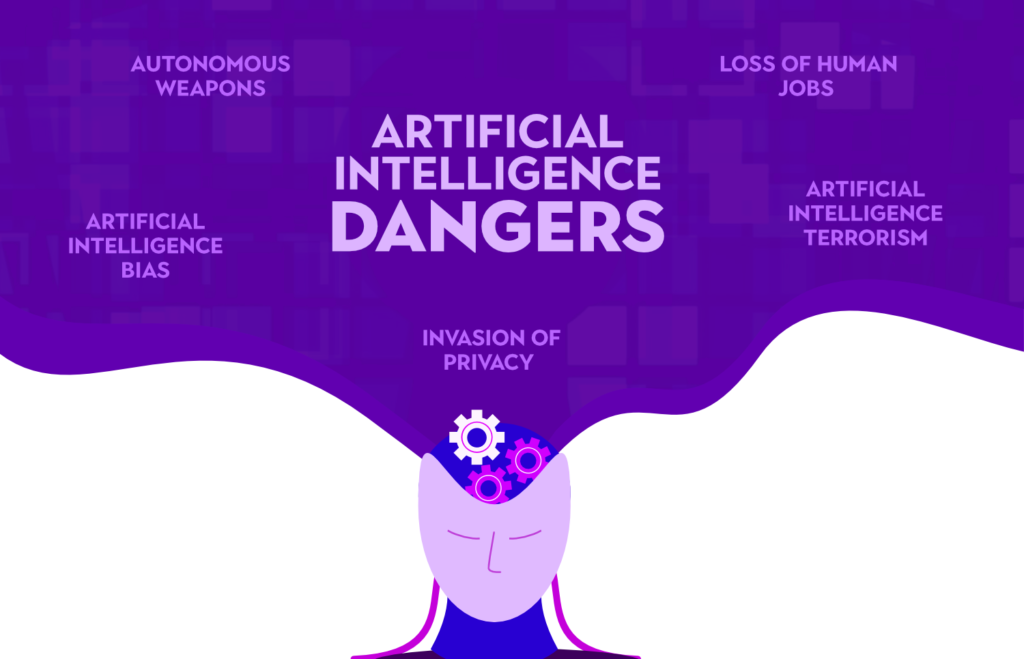|
The future of education is being sought by many, but what exactly are the effects of artificial intelligence on education? Does such an educational system make sense in the current age of computer generated systems and information? Can such a system actually enhance the educational process, and can it truly provide for the needs of the student? These are very serious questions that must be answered if we are to ensure that our children get the best education possible. One thing is for certain though, artificial intelligence and computer generated systems will only go so far in the way of teaching the methods of education.
}
Currently the computer generated educational system is quite rudimentary. Such systems would need to be more customized for each individual within a specific system. This would make them more effective, but it would also make them much more challenging for the teacher to teach. For example, if one child in the classroom is struggling with a concept, the teacher would still be able to use the same concept in an entirely different way that would still be completely relevant to the individual. Such a system would require the constant teaching of new skills and knowledge to each and every student, which would in turn become an extremely difficult task for the teacher.
The other effect of artificial intelligence on education is the fact that it can only take education to the next level. Such technologies will most likely lead to the development of educational software that will be used in conjunction with e-books and other electronic means of delivering lessons. Such software would make it possible to teach various subjects using only pictures and photos. Such methods are already being used in schools today, but the whole process will only be made easier with the use of computer generated images. Needless to say, this will have a huge impact on how education is taught in the future.
It should also be mentioned that there is a possibility that computer generated images will revolutionize medicine. This is because the same technology that is currently being used for medical treatments could soon be used for the treatment of all kinds of visual problems. For example, eye specialists could use computers to analyze x-rays in order to diagnose different eye diseases. Similarly, the effects of artificial intelligence on education can be applied to other fields as well. In fact, many business schools have already adopted some of these methods in their own educational systems. Needless to say, the results of such innovations can be truly remarkable.
A final application of artificial intelligence in education is perhaps the most important one. It has something to do with the way we think. If computers alone could solve so many problems, then wouldn’t all of our thinking processes to be automated? The fact is that the human mind is much more complex than any computer program that would be designed specifically for educating people.
However, this is not to say that we should completely trust computers in educating our children. We still need to educate ourselves about the impact of artificial intelligence on education and the role of human minds in this regard. After all, the future of the human race lies in the development of artificially intelligent computers and robots that can replace us. Therefore, human beings should remain active in this sphere of study. Indeed, we should learn from the mistakes made by previous generations. Then, we could have the confidence that our children will go on to create the next generation of supercomputers and robots that will help make the world a better place.











More Chintu Stories
How to solve the problem of the Canon Printer Printing Printing page?
How to solve [pii_email_316cb5e2e59f1ce78052] error?
How to Fix Outlook [pii_email_9ba94c086590853d8247] Error Code